Critical care capacity must be brought up to “more normal levels on a permanent basis”, Dr Catherine Motherway, Consultant in Intensive Care Medicine at University Hospital Limerick, has underlined.
Speaking at a HSE media briefing this morning, Dr Motherway said: “We have always known and advocated for more beds, we need to double our ICU bed capacity, and we need to do that properly. We have old infrastructure in most ICUs, we need an increase in isolation bed capacity and the HSE have been advocating for this for some time, and we need to ensure that we try and accelerate those plans.”
She also urged the recruitment of specialist critical care staff.
“We are hoping going forward we will be able to recruit and train critical care nurses in particular who are a scarce resource….we need to ensure we have adequate workforce planning for critical care physicians in Ireland and that is being worked on by the [Intensive Care] Society and CCP [critical care programme].”
The aim is to have occupancy at a maximum of 70 per cent so ICUs can cope with local surges that may happen. Dr Motherway noted that winters in Ireland are always difficult, in terms of the demands on stretched hospital capacity.
Dr Motherway added that it was important to resume as much elective surgery as is safe. She also emphasised the importance of testing people coming into hospital to ensure they are assigned to Covid-19, suspected Covid-19, and non-Covid-19 streams.
At the onset of the crisis, elective work stopped to allow redeployment of staff to create surge capacity. There had been 257 critical care beds of which 199 were level 3.
“This is recognised as a very low base rate and about half of the European normal per head of population,” said Dr Motherway, who is Immediate Past President of the Intensive Care Society.
Initially the HSE provided funding to increase beds to 285, some of which had been permanently staffed since the beginning of the crisis. Well over 100 beds were created in hospitals all over Ireland with the help of redeployed staff “to whom we are very grateful”.
At the peak of the crisis, there were about 160 patients with Covid-19 in ICUs and approximately 100 patients with non-Covid-19 conditions.
As of 6 June, there had been 408 Covid-19 admissions to ICUs and 78 deaths. The mean age of patients presenting was 60 years.
Some 87 per cent of critical care Covid-19 patients had an underlying disease, predominantly cardiovascular disease, obesity, hypertension, diabetes and other diseases
Of the patients who died, over 99 per cent had an underlying disease, added Dr Motherway, who offered her condolences to the families of all those who died during this difficult period. There were 28 Covid-19 patients in ICUs as of this morning.
The positives were that the system did no exceed capacity, mortality and outcomes appear good, and several hundred redeployed staff had received training.
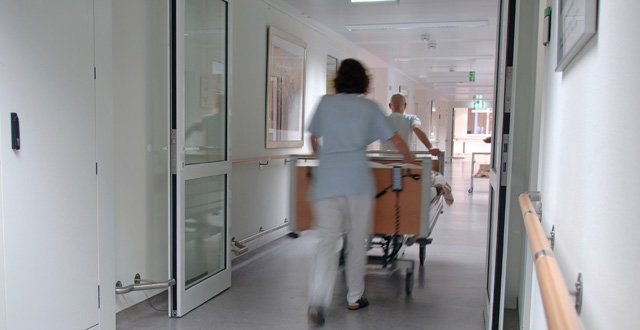
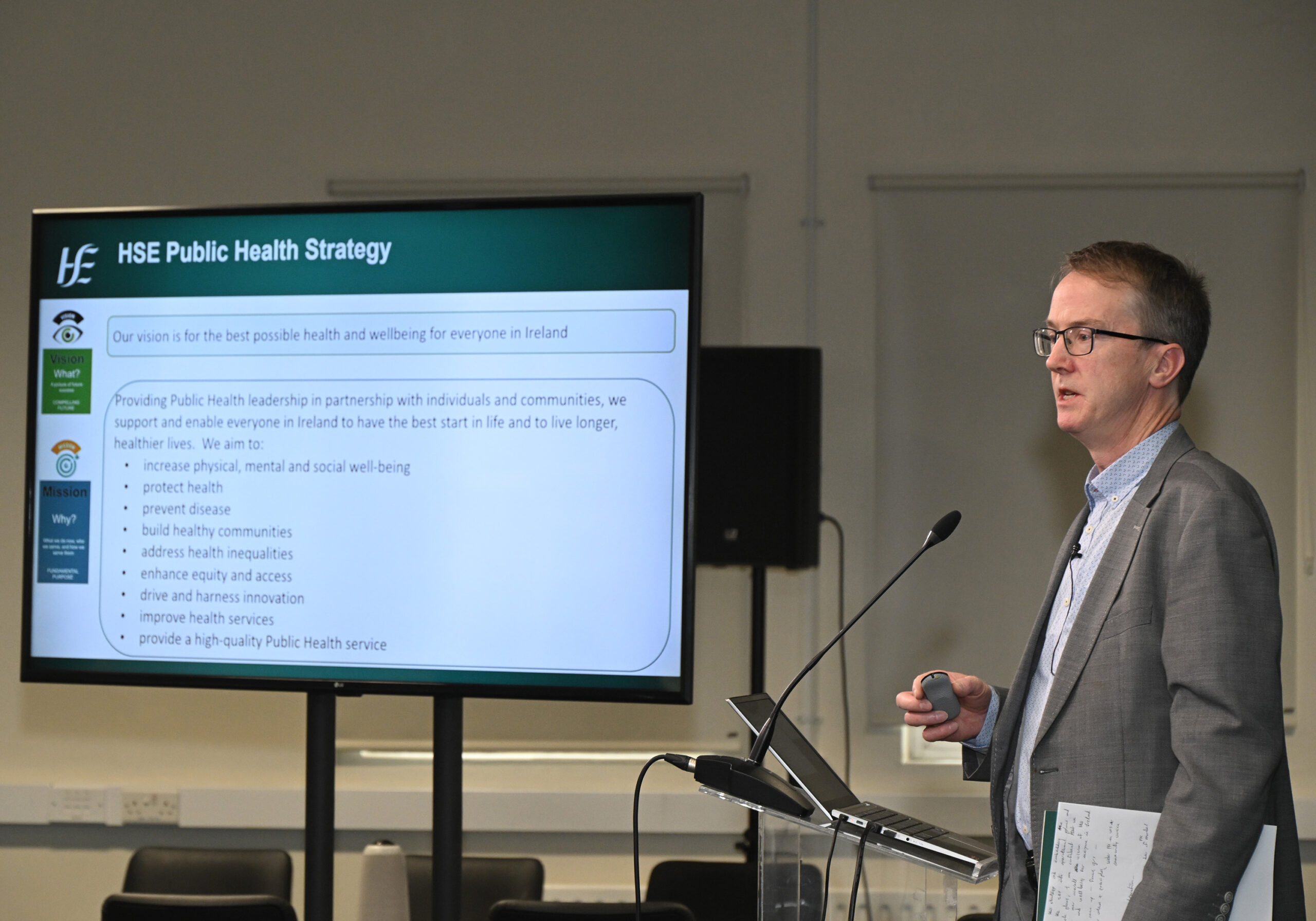


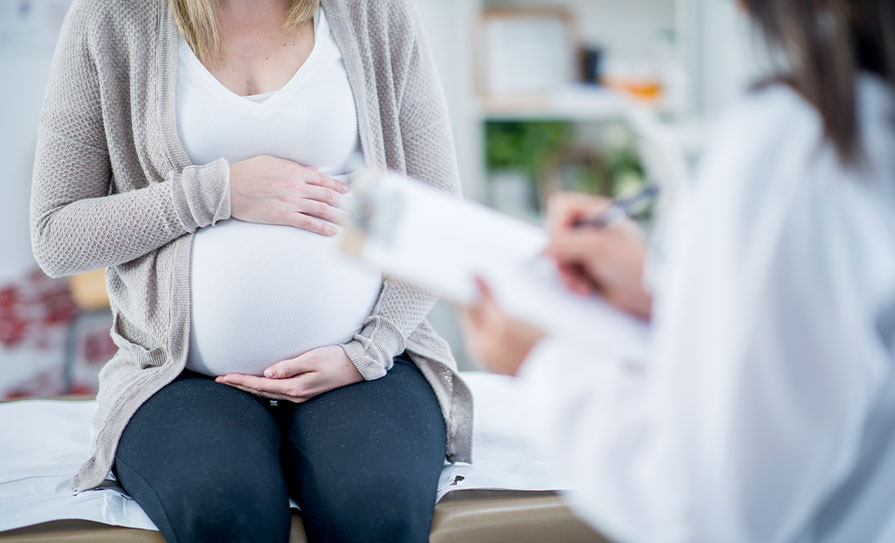
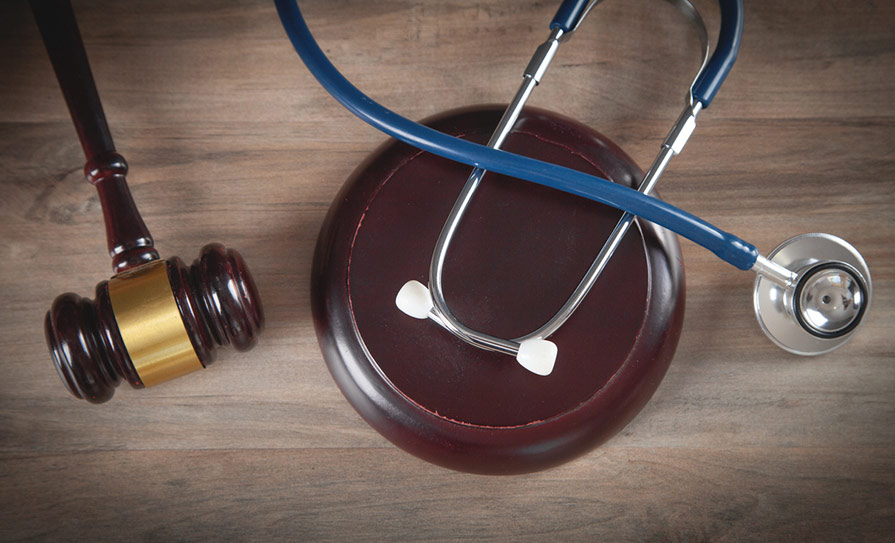

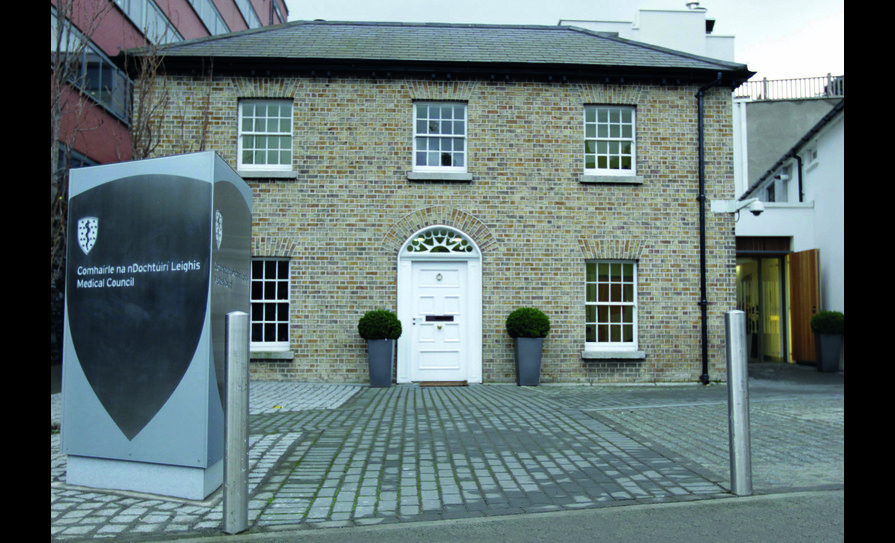
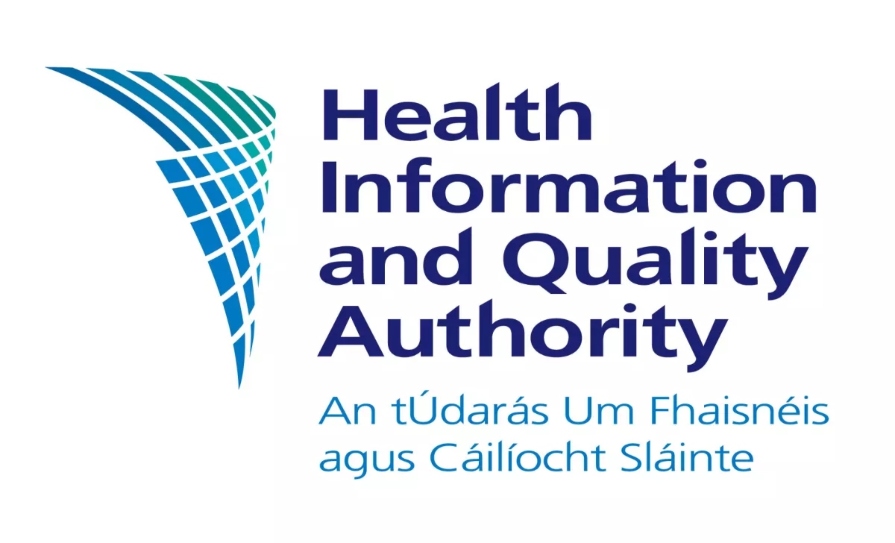




Leave a Reply
You must be logged in to post a comment.